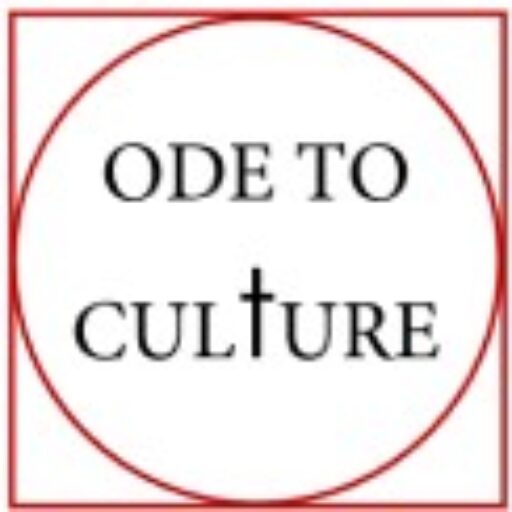Prompt 11: November 1, 2021
Here’s an allegory to this project’s namesake:
A symphony must have many musicians who play their instruments in unique roles in the composition of music. The beauty of an arrangement is not found in the proficiency of each individual musician, but the artful balance of each sound to make the corporate performance as compelling as possible. In uniqueness, the individual adds complexity to the collective. In harmony, the collective defines and confines purpose for the individual.
In the coming season of holidays and celebration, it seems appropriate to center our focus on identity, especially as it relates to community through faith, love, grace, humility, truth, patience, kindness, and all the other fruits that make christians peaceable.
Behavior is the fruit of belief. Constructing an identity, usually subconsciously, is a complex phenomenon of prioritizing one’s lived experiences, formulating a Self (ego). It is the construct of a character in a story. Strangely enough, one can view their identity in both the first and second person perspective. I think this has something to do with aim or conscience. Identity as a narrative allows the person to understand the present as a function of the past, and imagine (author) a future to base their actions. Identity follows understanding because it allows us to frame reality through our perceptions. To say this process is “usually subconscious” is a profound underrepresentation of the designed infrastructure behind brain development (of which I am less than ignorant). Identity is formed and continually shaped from infancy. Though one’s environment can manipulate the value of personal experiences, the pattern of identity as a product of understanding is universal.
We often displace our identity in things of this world–creation. To do so creates a dissonance between our narrative (understanding) and reality. We may mistake the roles of the other characters in our narrative, we may miss the true plot, or we may mistake morality through our protagonistic view. On this presumption I claim that we cannot change minds. We are better off in thinking of man as a victim to his sinful condition (Jung, Gen. 4, Rom. 1). Though this view undermines our identifiable will, it frees us to love people more than their possessions do; loving them as image bearers, rather than a product of their life experience.
Displaced identity is so central to the gospel that we credit it as the original sin. That “before the law was given, sin was in the world (Romans 5:13),” through Adam’s belief in the serpent’s word, which provided a false narrative from which to act. “For God knows that when you eat of it, your eyes will be opened, and you will be like God, knowing good from evil (Genesis 3:5).” When Adam traded the truth for a lie, that he was his own, he took on a new identity which placed him in enmity with God. How much more are we (modern people) flawed in our own assurance of self determination? Praise be to Jesus, who identified as fully God and fully Man and that his actions affirmed his belief. “Who, being in very nature God, did not consider equality with God something to be grasped, but made himself nothing, taking the very nature of a servant, being made in human likeness (Philippians 2:6-7)!”
Let us allow this prompt to challenge us to continue to contemplate our identity, to recognize the beauty in others’ stories, to perfect our parts in the heavenly arrangement, and to trust the composer to conduct the most beautiful chorus in his ode to Glory.
The thread is open. Create boldly, and may the Spirit guide us all.

